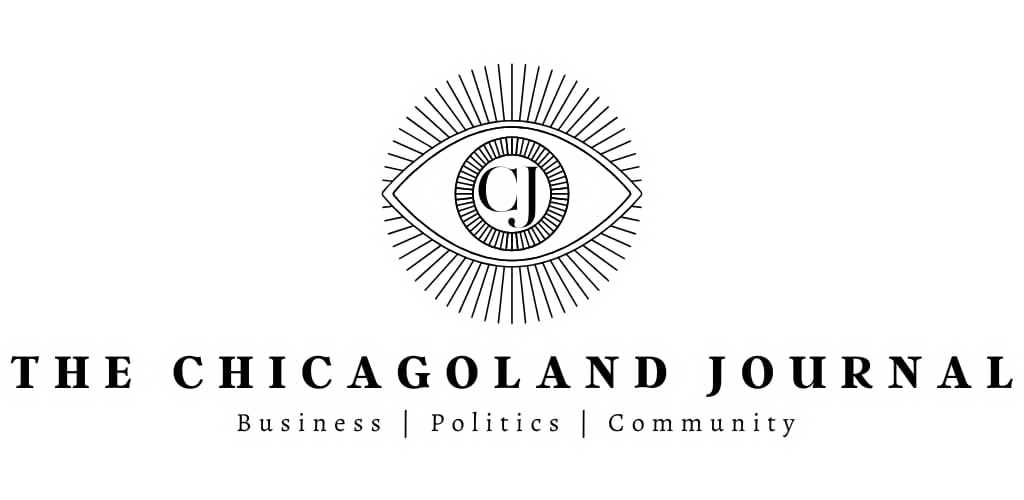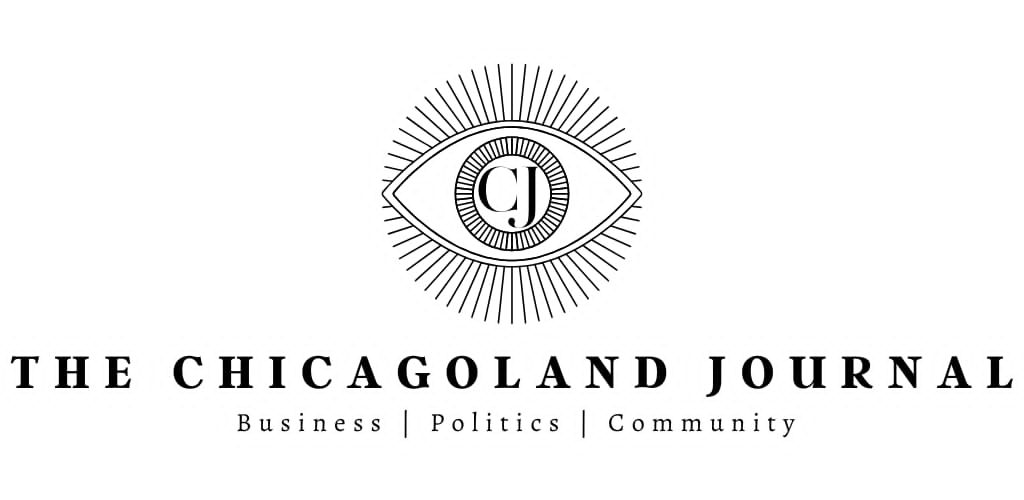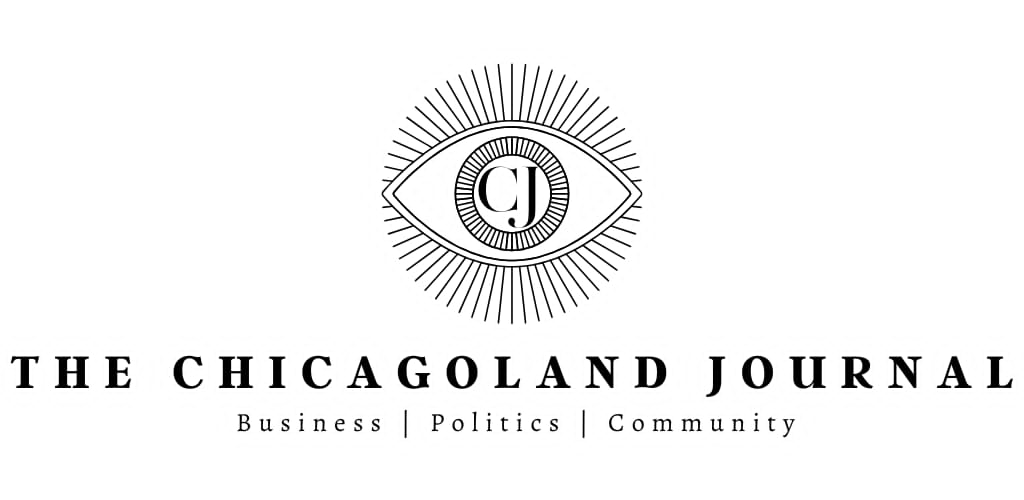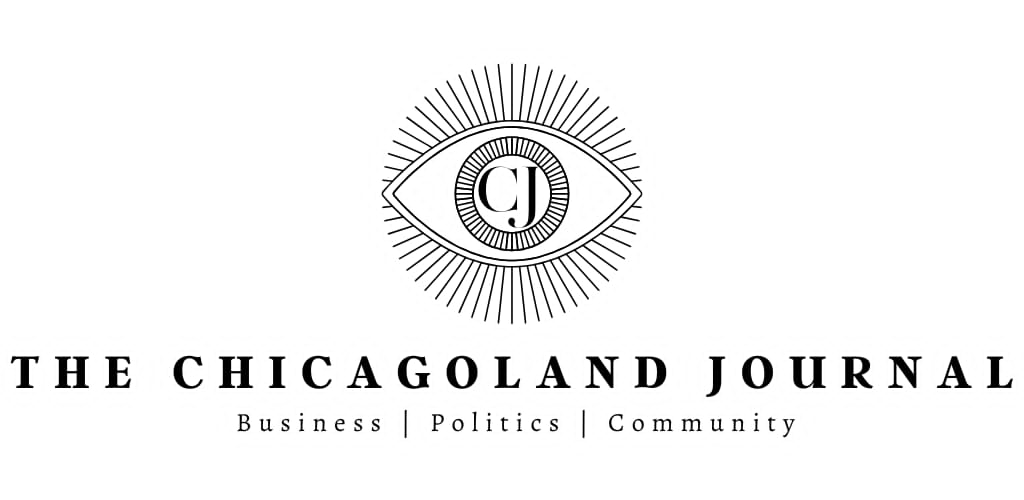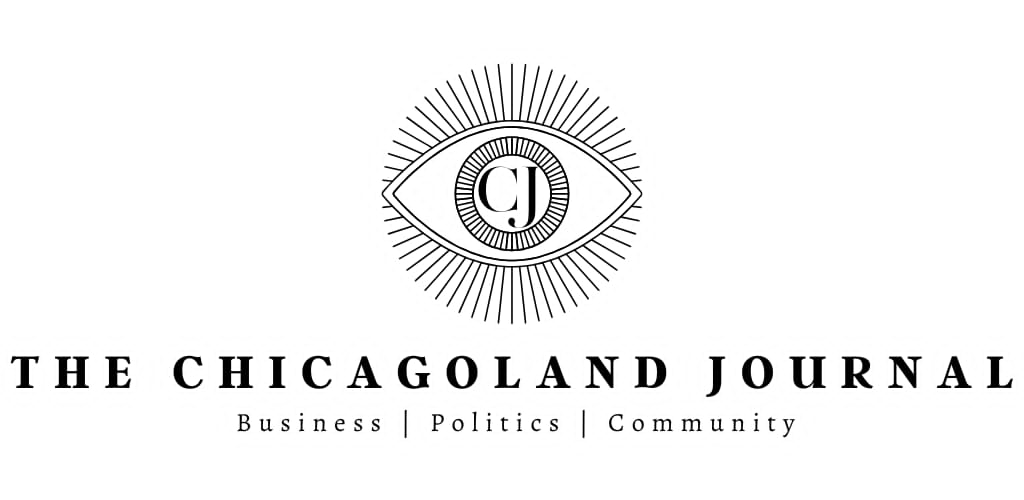![]()
Illinois House Appropriations-Higher Education Committee Calls for Subject Matter Hearing to Discuss Procurement at Public Colleges and Universities (Chicago, IL) — The Chicago Southland Black Chamber of Commerce will be participating in a subject matter hearing with the Appropriations-Higher Education Committee of the Illinois House of Representatives on March 28th at 10 am at the Michael A. Bilandic building in Chicago. State Representative LaShawn Ford is the Chairman of the committee.
Currently, all public colleges and universities in Illinois are subject to meet a 30% goal in contracting with disadvantaged businesses. Most are not even close to meeting the mark, with several only hitting 1%.
“This hearing is very important to black businesses in the Chicago Southland area. For years, our community colleges and universities have been apathetic to minority participation in contracting. While minority business programs are currently under attack nationwide, we must understand that our own community colleges and universities in Illinois have been on the silent attack since day one, doing little or nothing to ensure that black businesses participate,” stated Dr. Cornel Darden Jr., Chairman of the Chicago Southland Black Chamber.
This past week, United States District Court Judge Mark Pittman, of the Northern District of Texas, ruled that the Minority Business Development Agency (a department of the Federal Government) is unconstitutional after three white, male-owned businesses sued the agency.
“We’ve looked at Judge Pittman’s ruling thoroughly and we find that there are some very troubling times ahead for black people and black businesses. We’re now in a time where the law is once again discriminating against black businesses. The difference is now they are calling black people racists,” said Darden. “This psychological warfare is the new tactic of our generation and we must remain vigilant and understand what we’re dealing with here.”
Judge Pittman did acknowledge the many forms of discrimination that black people face today. He cited examples such as unfair treatment in access to capital and access to affordable interest rates. According to the Guardian newspaper, Judge Pittman stated that, “Minorities have less access to loans, get less money when they apply, and have to pay more for it. It’s little wonder ‘disproportionate difficulty accessing commercial capital and credit’ is among the primary concerns voiced by minority entrepreneurs … Nobody can deny that’s a problem…But it cannot be a compelling government interest unless the Agency identifies concrete acts of past discrimination that caused it. And the Agency’s cited studies speak only to the phenomenon itself, not contributing factors.”
“The Chicago Southland Black Chamber takes exception to the words of Judge Pittman as he acknowledges discrimination yet finds fault with the program, specifically the programs’ disparity studies,” stated Dr. Cornel Darden Jr.
“The Chicago Southland Black Chamber does believe that sound disparity studies should be a prerogative for any such program that may give any preference to a specific group. For if we did not enforce that evidence be provided for such a program, discrimination, in general, could be allowed to flourish. However, we believe that the studies of the MBDA are sound, especially based on Judge Pittman’s own comments. Also, the lawsuit that was filed by the 3 white male business owners was filled with flamboyant arguments that were not addressed by the ruling,” continued Dr. Darden.
He continued, “While minority business programs are under attack nationwide, we look at our local institutions in Illinois like Joliet Community College that have intentionally blocked access to minority participation with extreme prejudice. President Clyne Namuo and Kelly Rohder-Tonelli of JJC need to be called to the hearing to address their efforts to block black businesses from participating while they boast a measly 5% attainment of the 30% participation goals.”
The Chicago Southland Black Chamber and other black organizations will be participating in the hearing set for March 28th at 10 am in Chicago at the Michael J. Bilandic Building.
Illinois House Appropriations-Higher Education Committee Calls for Subject Matter Hearing to Discuss Procurement at Public Colleges and Universities
